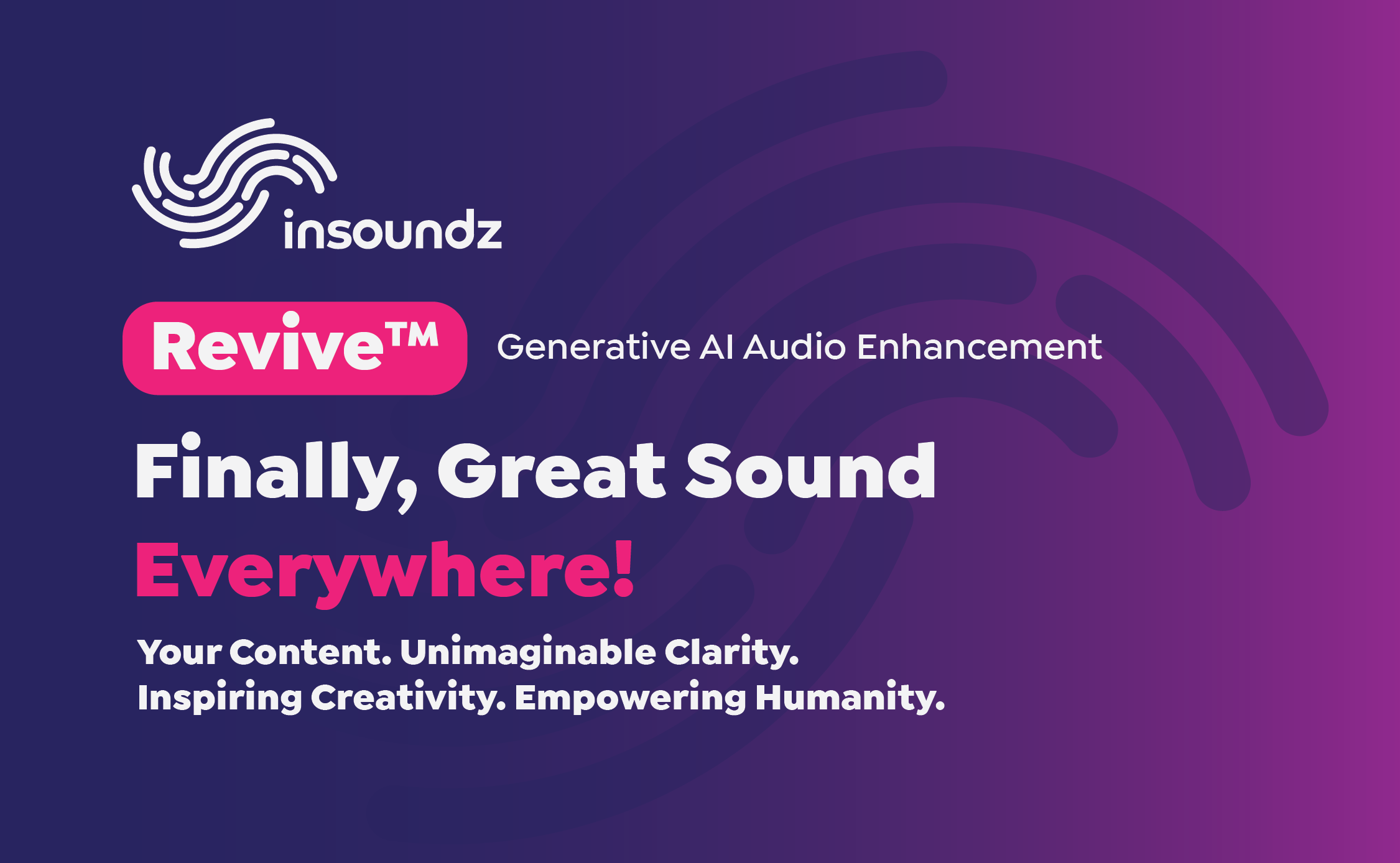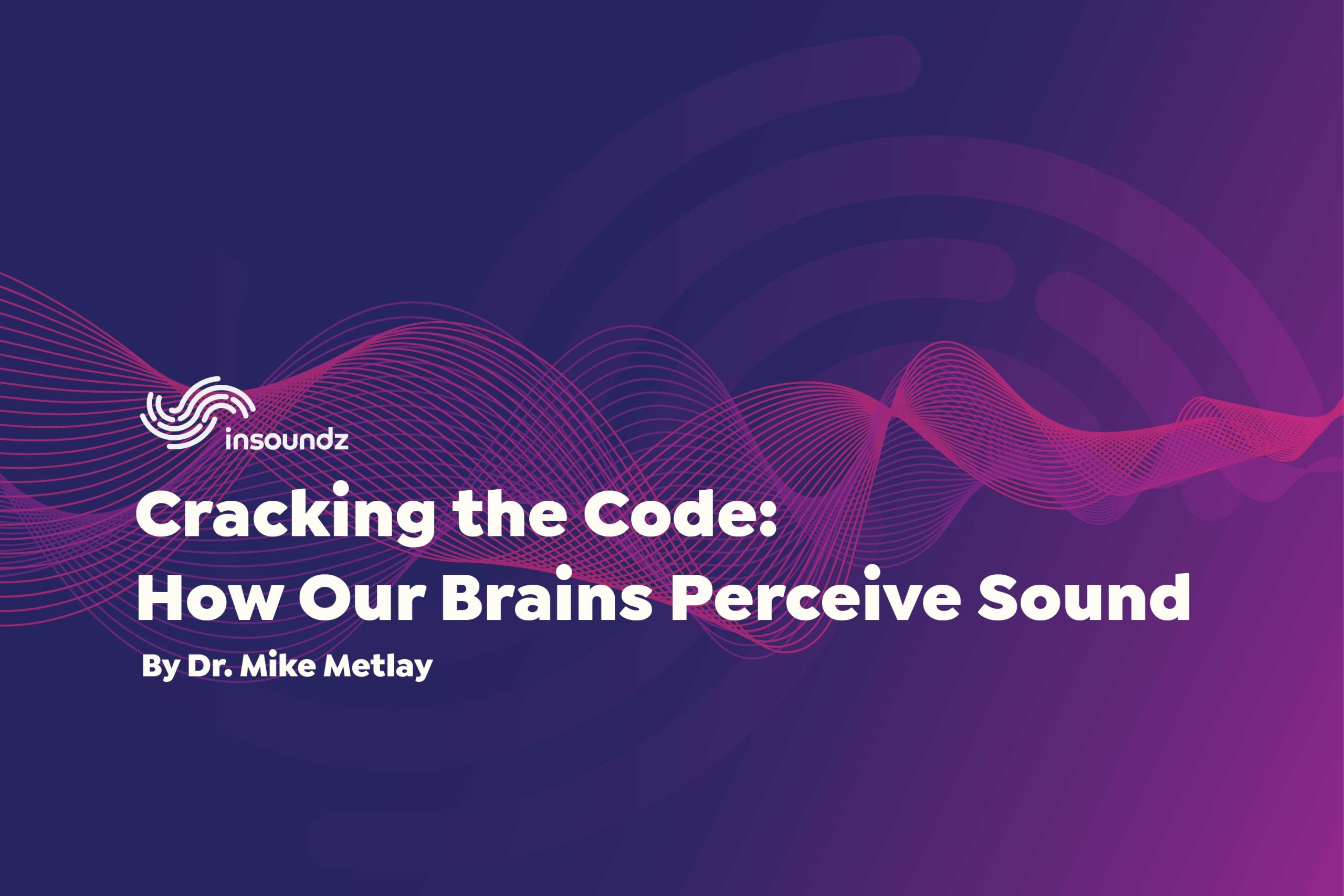It’s amazing how quickly public opinion can turn, especially in this era of information (true and otherwise) spreading all over the planet at the speed of light. Artificial intelligence has been around for decades in one form or another, and is used in more places than most of us realize. Recently, however, tools like ChatGPT have pushed AI into the public spotlight – and not in a good way.
Actors and writers go on strike partly because their work is being stolen by AI. Universities have to rewrite their research policies to stop students using AI to cheat on assignments. Faked photos, video, and music flood the Internet. In a matter of a year or less, AI has gone from being something nobody’s ever heard of, right through being a wondrous tool that foretells an amazing future, and into being a way to take work away from people and easily produce cheap and shoddy knockoff content. And it’s all based on appropriated content that’s used without credit, no less!
The important thing to remember is that AI is a tool, and as such, it’s not inherently “good” or “evil”. While the bulk of media attention these days is being given to tools that are capable of intellectual property theft on a grand scale, there are many other uses of AI that are completely beneficial. Using AI tools like neural networks, it’s possible for computers to help people do things that would be difficult or impossible otherwise – including the Revive process.
Learning to play the game
Thanks to science fiction, when we hear the words “artificial intelligence”, we usually think of robots taking our place and ruling the world. Thanks to marketing, when we hear that a product “features AI”, we assume that it’s stealing material and cheating to achieve its goals. However, to a computer scientist, the term “artificial intelligence” has a specific meaning: emulating the processes within natural intelligence using artificial means.
Never forget that sci-fi movies aside, computers aren’t intelligent. They’re not book smart, street smart, or any other kind of smart. In fact, computers are astoundingly stupid – they can do only what you tell them to do. However, whatever stupid things they do, they can do very quickly, over and over again – and they don’t get bored. That means that they can simulate certain processes in the living brain, including the process of learning.
Many years ago, long before electronic computers, scientists were building simple machines that could solve problems. For example, one board game in the 1960s used marbles and rotating levers to play a simple strategy game against a human opponent. The human would make a move by rolling a marble along a track, which would move the levers so as to make the game deliver a proper countermove. The game itself was built so that one decision would set the machine to lead to the next – a very early example of a neural network.
This system wasn’t very complex and a clever player could beat it every time, but it had one critical feature – the game learned from the human player’s moves, and adjusted itself in response to them. This was a very early example of machine learning.
As you can see, the game wasn’t really “learning” anything. If a marble moved this way, a lever would flip that way, so the next marble could go here but not there. But multiply that operation by millions and billions, in a framework where the computer can build up an entire collection of “right” and “wrong” moves, and eventually the game would “know” how to play to win.
The most famous example of this is computer chess, where AIs play against grand masters of the game. For years, experts believed that chess could never be reduced to a simple set of decisions a computer could make – the game was too complex and nuanced. Well, several trillion chess moves later, the AI is proving them wrong.
The process of building up these decisions as a data set is called teaching the neural network. Neural networks can be taught in any number of ways – the most notorious one right now is using existing intellectual property to train chatbots to interact with people as if they are real intelligences. However, there are lots of neural networks absorbing data in areas that don’t involve intellectual property theft. The one we’re going to mention here, of course, is Revive.
Good data, good results; bad data, bad results
Revive is based upon known patterns and rules in human speech analysis, room acoustics, psychoacoustics, wave mechanics, and much more. The engine has been trained with billions of data points, covering everything from how a room’s dimensions affect the lowest frequencies in human hearing to what differentiates calm speech from words spoken while laughing or crying or shouting. This is an enormous data set – and you might think that it would be a perfect candidate for quietly pulling results from the Internet and putting them to work. As it turns out, nothing – literally nothing – could be further from the truth!
In their creation of Revive, the insoundz team quickly realized that a lot of the “common knowledge” in these areas was flawed. As a very simple example, most ways of creating an impulse response – the sonic fingerprint of a room that affects sounds created inside it – get the fine details wrong. Just like AI chatbots that happily answer simple questions with total nonsense, neural networks that process a large sample of flawed information will always produce flawed results.
Therefore, teaching Revive with inaccurate data would make it useless, no matter how much time might be saved by trolling the Internet for impulse responses and so forth. Ultimately, that meant that Revive had to be trained the hard way – with top-quality data gathered by the Revive team itself, no shortcuts allowed.
Train with the best, sound like the best
For years now, insoundz has worked with recording engineers, acousticians, golden-eared recording artists, high-end voice talent, and other world-class professional talent, to create its own data set for Revive. When Revive analyzes and treats your audio, it’s doing it based on a huge and ever-increasing neural network of finely nuanced and completely proprietary information – one that is constantly being checked, crosschecked, and improved.
Most importantly, all of these results are aimed, not toward replacing the speaker or singer’s talent with an artificial collage of other people’s noise, but toward using the laws of physics and principles of speech psychology in their most effective way when removing the anomalies that make it difficult to hear with clarity. This has to be done with training material that is blind to the individual client. Revive doesn’t use your material, or that of any other Revive user, to train itself – if it did, its accuracy would be ruined! So the material you process with Revive remains yours and only yours. Stated simply:
There is nothing in Revive that isn’t YOU.
An artificial intelligence process is only as good as the data it uses, and you benefit from the fact that Revive’s data not only doesn’t use input from others, but it actually can’t. No audio AI team on Earth, not even in billion-dollar corporations, has what insoundz has… and that’s what makes Revive’s AI uniquely powerful and musical.

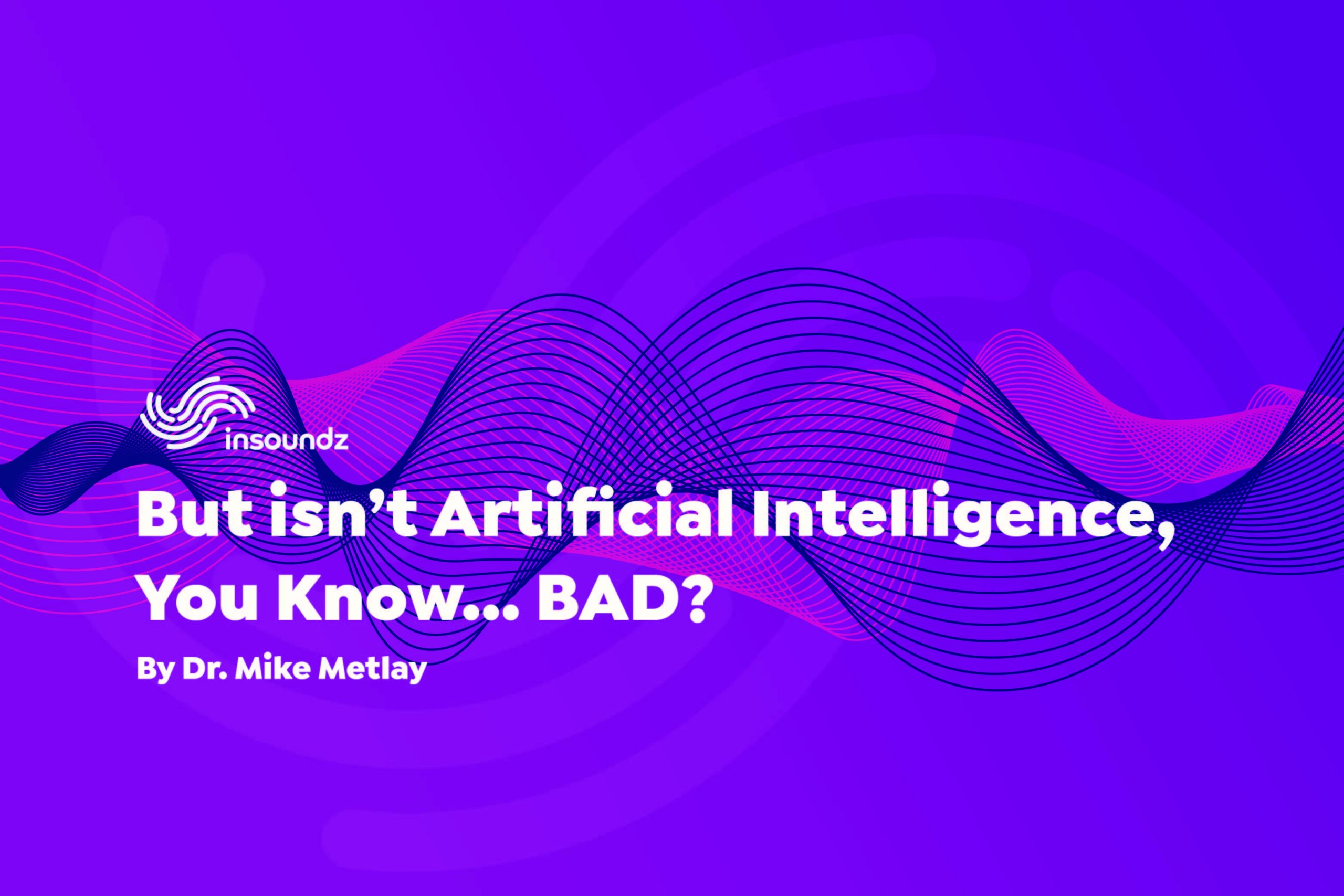
 Dr. Mike Metlay
Dr. Mike Metlay  Aug 21, 2023
Aug 21, 2023 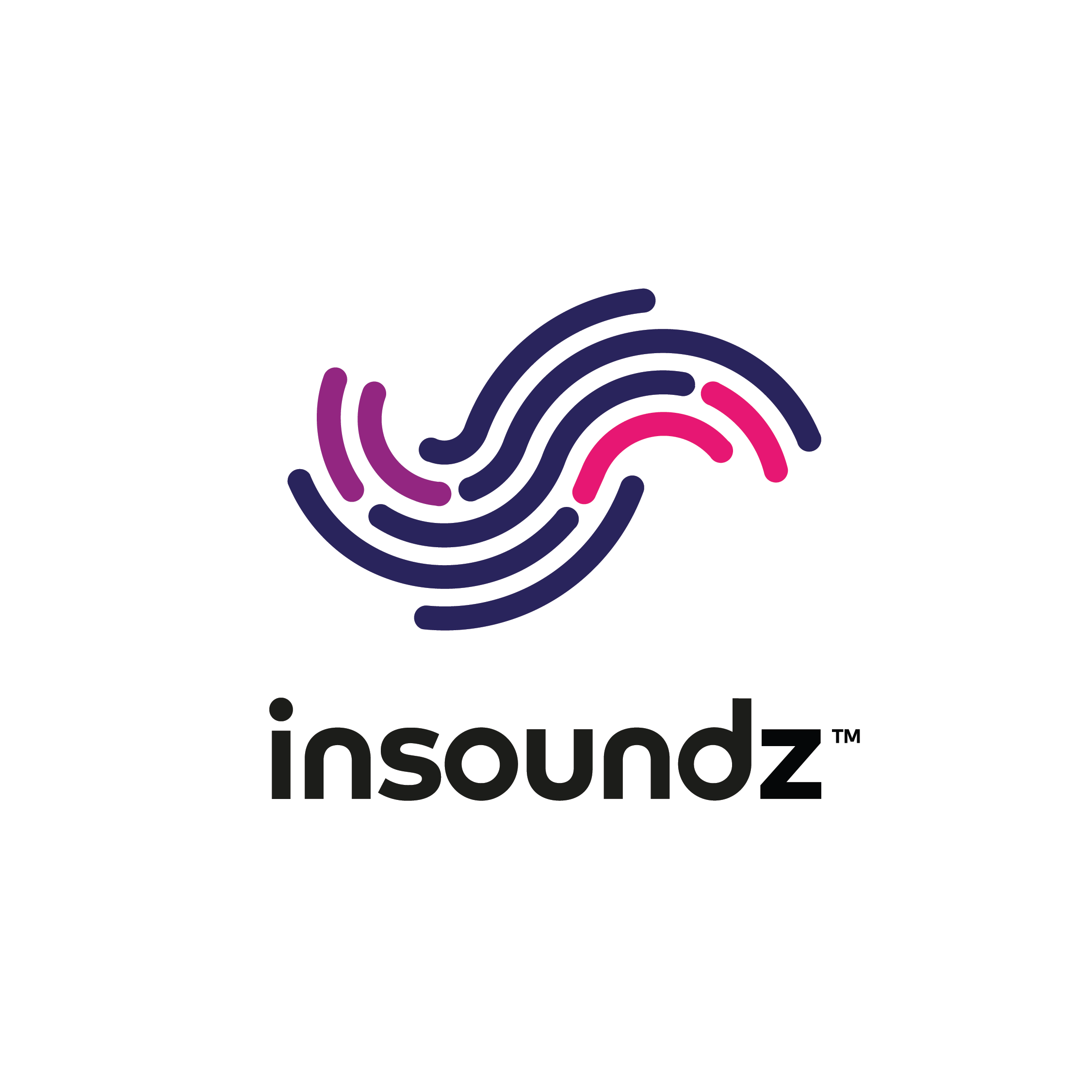

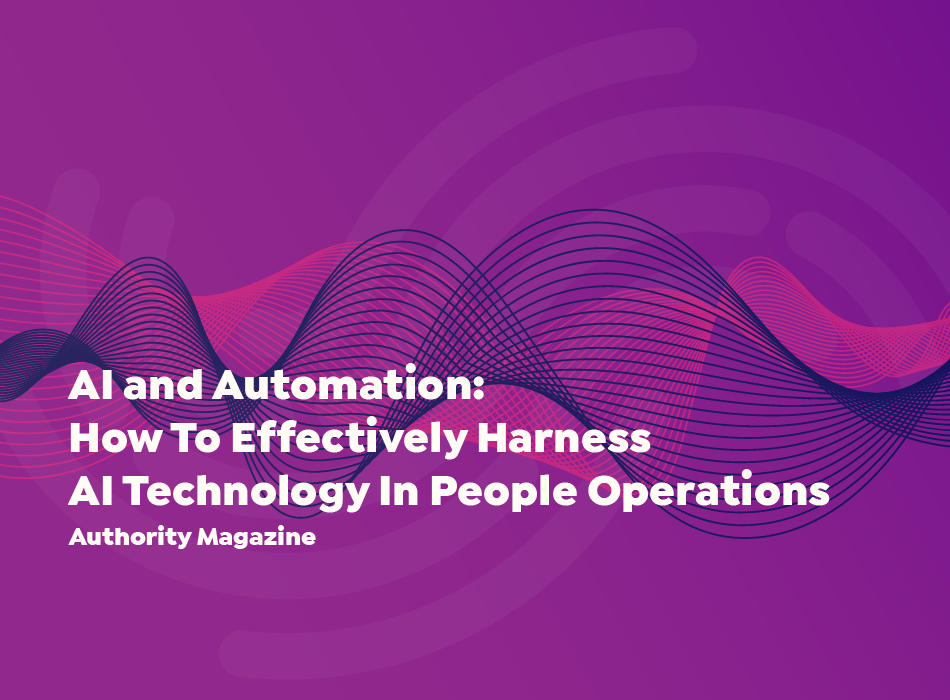
 Authority Magazine
Authority Magazine 